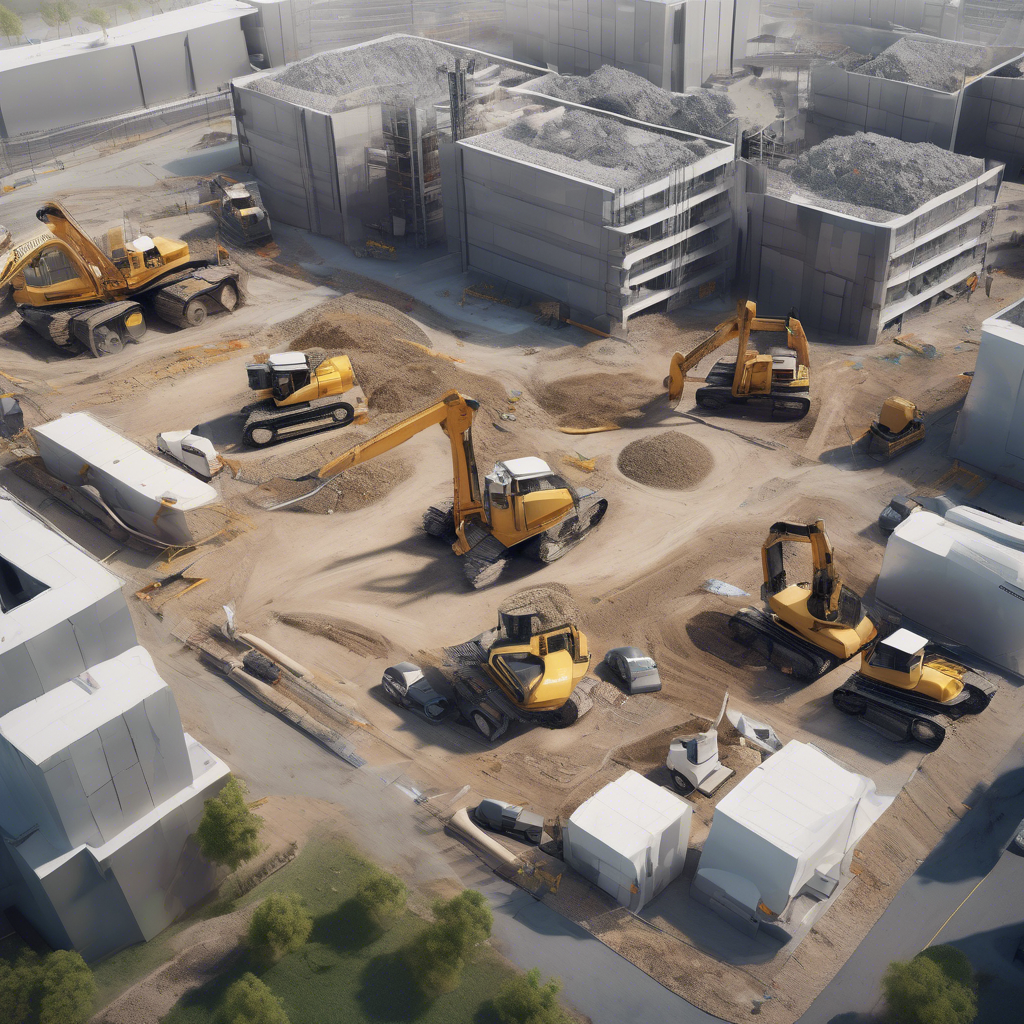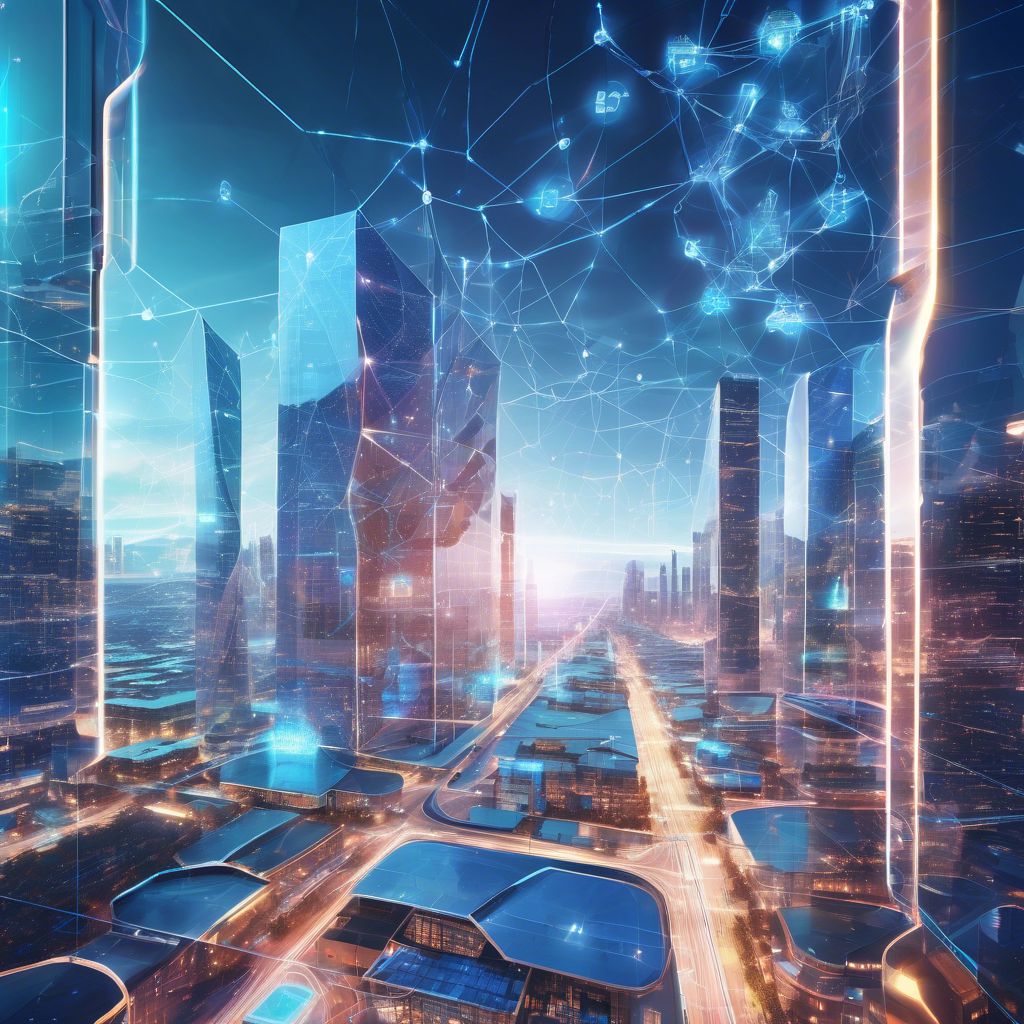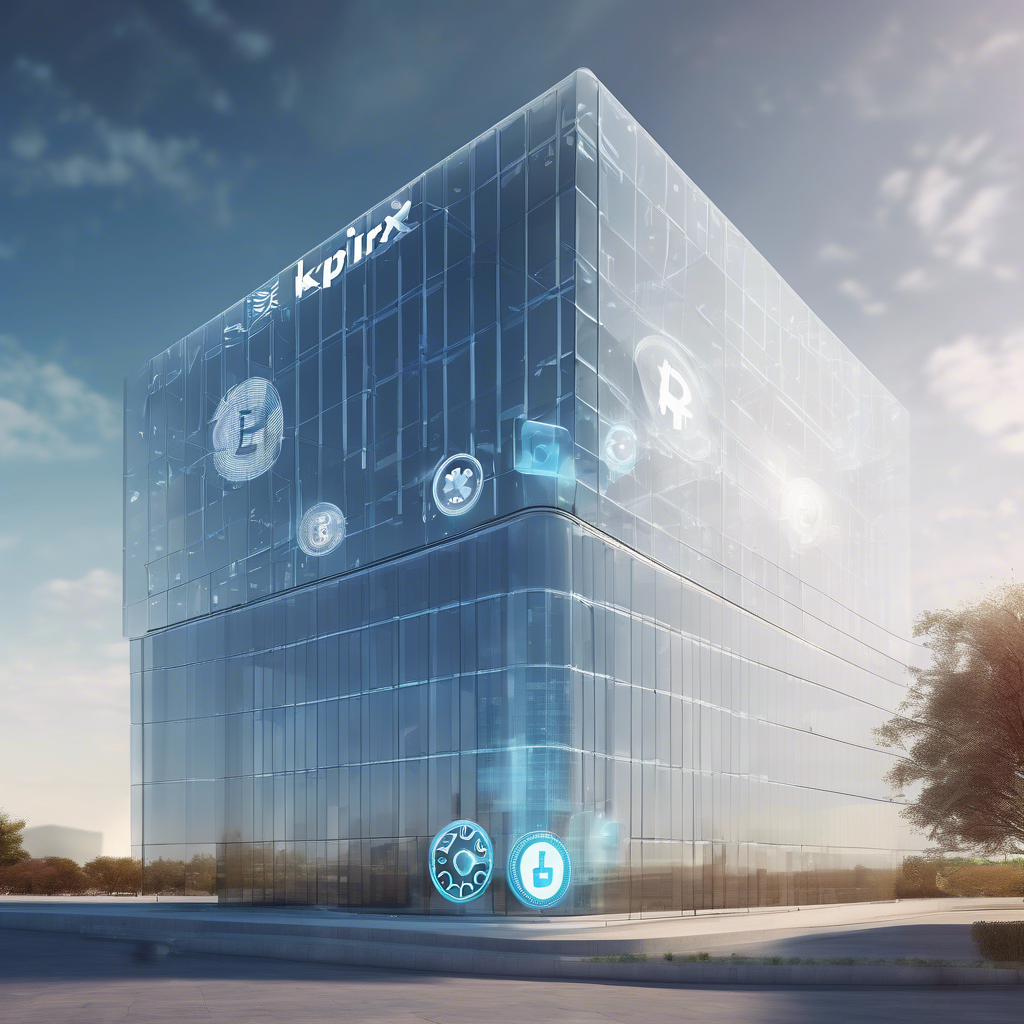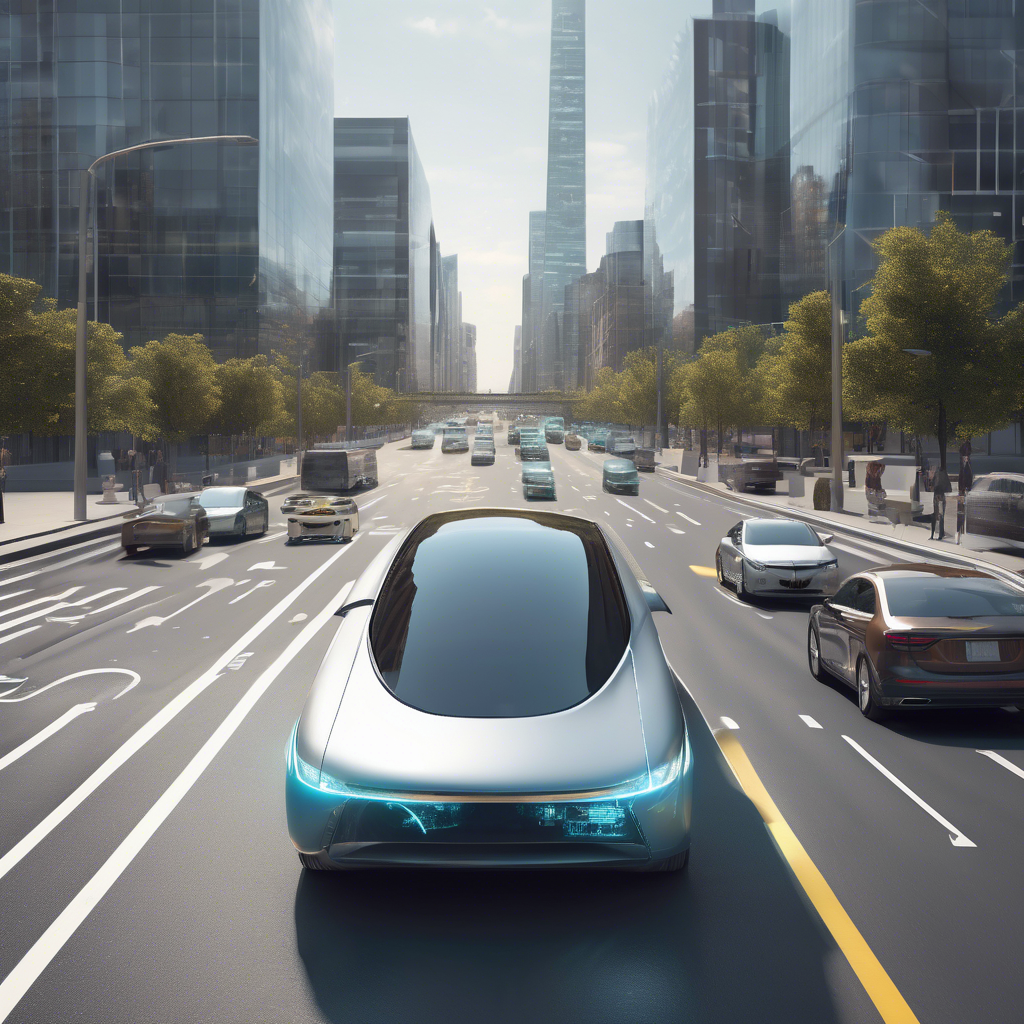Transforming the U.S. Construction Industry: Innovations for Sustainability and Waste Reduction

The U. S. construction industry is a major contributor to pollution and energy consumption globally. As cheaper, less durable materials have become the norm, construction waste surged to 600 million tons by 2018, marking a 300% increase since 1990. This rapid development has also heightened greenhouse gas emissions, reaching record levels in 2023. Efforts to promote waste reduction, remodel, and implement energy-efficient designs often collide with deadlines, budgets, and shifting priorities. However, advancements in digital technology—from machine learning to blockchain—hold potential for enhancing sustainability in the industry. A study from Drexel’s College of Engineering examined the application of these technologies in minimizing waste and carbon footprints in construction, revealing both challenges and opportunities for integration. The circular economy, a central theme in the study, offers a sustainable alternative to the traditional linear "take-make-waste" model by emphasizing the reuse, repair, and recycling of materials. This approach not only benefits the environment but addresses social justice issues linked to resource extraction in developing countries. By extending the lifespan of materials through urban mining and local reuse, the circular economy can enhance resilience against supply chain disruptions while creating new jobs. Over the years, the construction industry has become more wasteful by prioritizing fast construction with cheap materials, leading to increased waste and resource usage.
Many modern buildings rely on energy-intensive artificial systems rather than adopting passive design techniques that leverage natural resources. The shift towards disposable structures has intensified pressure on natural resources and increased economic risks. Digital innovations like material passports—a digital record detailing a material’s properties and reuse potential—can facilitate the tracking and recovery of construction materials, thereby encouraging sustainable practices. Combining these tools with Building Information Modeling (BIM) could help foster a marketplace for reclaimed materials and support circular economy goals. Artificial intelligence (AI) also plays a crucial role in enhancing sustainable design. It can optimize building efficiency and material choices while facilitating the identification and recovery of existing materials. AI can ensure that valuable resources are not wasted and streamline recycling processes. Techniques currently available to improve material recovery include deconstruction—the careful dismantling of buildings to salvage materials, such as wood and brick. Some U. S. cities have already enacted deconstruction ordinances to promote sustainability. However, several barriers hinder the widespread adoption of sustainable practices, including outdated building codes that do not support material reuse, lack of education on circular economy principles, and ingrained industry mindsets that resist innovation. Overcoming these challenges requires stronger policies, incentives, and enhanced training to shift perceptions towards material recovery and circular design strategies.
Brief news summary
The U.S. construction industry plays a significant role in global pollution and energy use, with construction waste exceeding 600 million tons by 2018—a 300% increase since 1990. By 2023, new buildings continue to be major contributors to greenhouse gas emissions. Researchers at Drexel University's College of Engineering are exploring advanced technologies, including machine learning, AI, blockchain, and IoT, to reduce waste and curb the industry's carbon emissions. Transitioning to a circular economy presents a sustainable alternative to the traditional "take-make-waste" model, focusing on material reuse and remanufacturing, which conserve resources and promote social equity in waste-affected communities. Currently, the industry's emphasis on speed and cost leads to significant waste. Innovations like digital material passports can improve resource tracking for reuse, while AI can enhance design efficiency. Deconstruction initiatives in various U.S. cities aim to recover valuable materials. However, the journey toward sustainability is hindered by outdated regulations, inadequate education on circular practices, and resistance to change. Achieving a circular economy in construction will require policy reforms and specialized training to support this transition.
AI-powered Lead Generation in Social Media
and Search Engines
Let AI take control and automatically generate leads for you!

I'm your Content Manager, ready to handle your first test assignment
Learn how AI can help your business.
Let’s talk!
Hot news

Cardano Foundation unveils blockchain-based tool …
Key Takeaways The Cardano Foundation has introduced Reeve, a blockchain-based tool designed to simplify ESG reporting and audit compliance

Impostor uses AI to impersonate Rubio and contact…
The U.S. State Department has issued a warning to diplomats about a troubling development involving artificial intelligence technology.

AI in Autonomous Vehicles: Navigating the Road Ah…
Artificial intelligence is at the forefront of the rapidly advancing field of autonomous vehicle technology.

Governments are turning to blockchain for public …
Blockchain is frequently associated with cryptocurrencies, often evoking images of “crypto bros” or unstable markets.

Apple's AI Executive Joins Meta's Superintelligen…
Ruoming Pang, a senior executive at Apple who heads the company’s artificial intelligence foundation models team, is departing the tech giant to join Meta Platforms, according to Bloomberg News reports.

Ripple Applies for U.S. Banking License Amidst Cr…
Ripple has recently submitted an application for a Federal Reserve master account through its newly acquired trust company, Standard Custody.

AI in Autonomous Vehicles: Overcoming Safety Chal…
Engineers and developers are intensively working to resolve safety issues related to AI-driven autonomous vehicles, especially in response to recent incidents that have sparked widespread debate on the reliability and security of this evolving technology.

 Auto-Filling SEO Website as a Gift
Auto-Filling SEO Website as a Gift








 Auto-Filling SEO Website as a Gift
Auto-Filling SEO Website as a Gift

